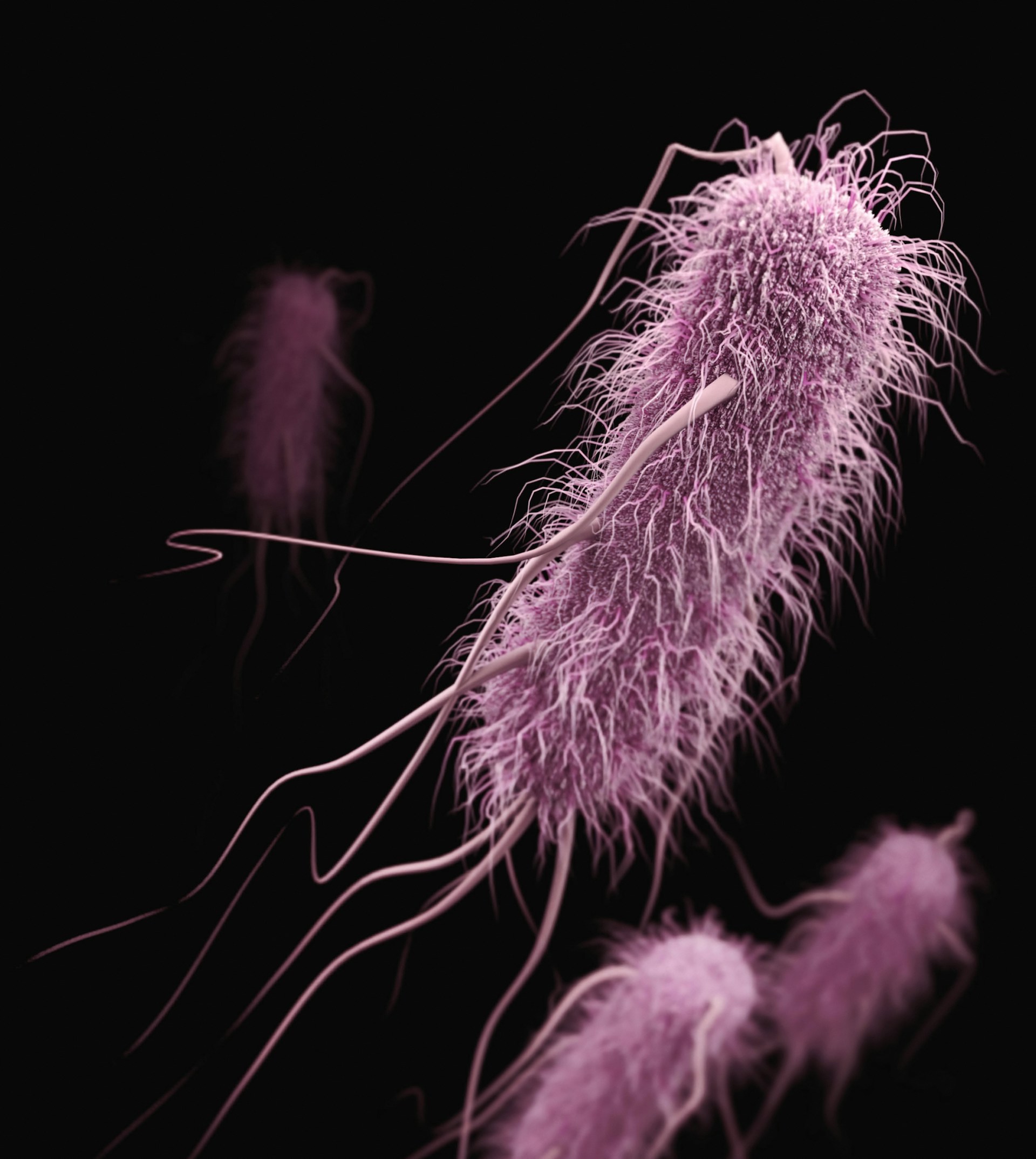

.jpg)
Undergoing earthworks, construction, or other engineering activities in watercourses pose a risk to our native freshwater species, especially our native fish. Luckily, we can mitigate this issue by relocating fish from the waterway and moving them to nearby waterways in the same catchment area.
Fish relocation is the process where experienced & qualified environmental scientists safely capture, move and release these fish through humane and efficient means.
To avoid costly project issues, legal challenges and public reputation risks, it’s important to use a team that has the required permits from the Ministry for Primary Industries (MPI). These Special Permits (SPs) are a requirement to perform the work and show a displayed level of expertise performing relocations without issue.
Regional councils are responsible for consenting the engineering works under the Resource Management Act. As part of the consents, engineering contractors need to show that they have consulted ecologists and obtained a fish management plan detailing any required fish capture and relocation.
Ponds designed for stormwater detention and sediment trapping are an area that often requires fish relocation, as they become filled with mud over time and need to be drained and excavated with diggers that are hazardous to local wildlife.
Qualified ecologists acting under MPI permits are able to support engineering contractors with the assessment and planning and to conduct the relocation itself before the works begin.
If you’re unsure of whether or not your project will require fish relocation, reach out to our team of permitted ecologists and we’re happy to help:
A Special Permit (SP) is issued by Fisheries New Zealand of the Ministry for Primary (MPI) Industries under Section 97(1) of the Fisheries Act 1996 for non-recreational fish capture. A separate but associated authority for native fish transfer (NFT) is also issued to allow the fish relocation.
The permits require businesses to prove a level of expertise with freshwater ecology and native fish before being issued, so you know that permitted businesses can perform relocations effectively and safely.
Operating without a permit, or under the permit of another organisation without understanding what is involved, greatly increases the risk to the native fish and the business.
Typically, fish species found include freshwater tuna (eels), kōkopu, grey mullet, and smelt but invertebrates like kōura (freshwater crayfish) or kākahi (freshwater mussels) might also be found.
These fish and invertebrates are the basis of a lot of our freshwater ecosystems, and their presence contributes to healthy rivers and lakes, and are a sign of healthy waterways.
With healthier waterways, our natural spaces can be thriving ecosystems and continue to be appreciated and enjoyed by future generations.
Fish relocations are a small step to helping keep our environment healthy, and with the right team and the right permits, engineers and contractors can ensure they mitigate the risks to the environment and their business.
Find out more about our freshwater ecology services here:
.jpg)




.jpg)